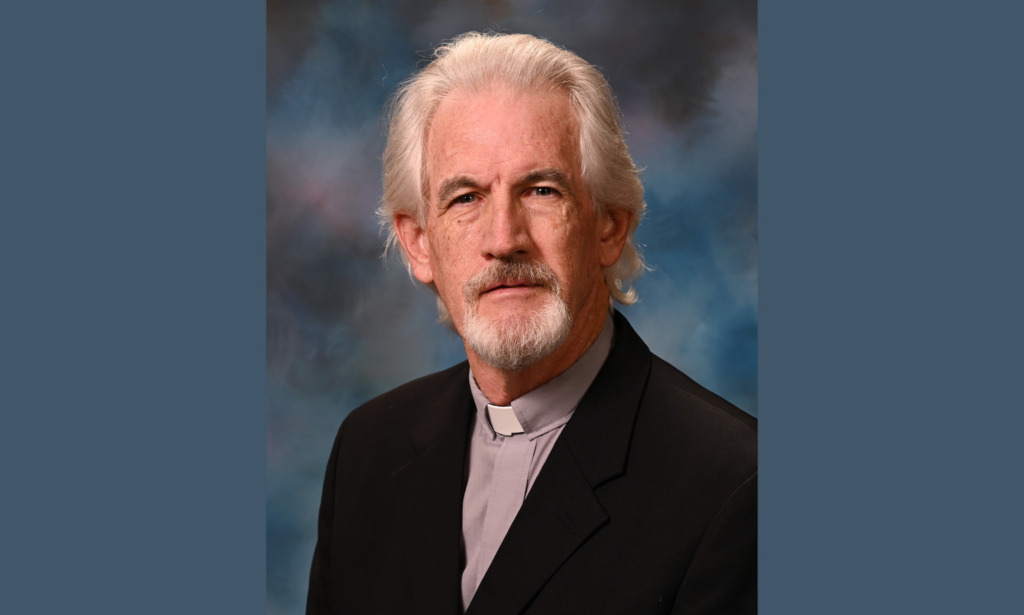Feast of Our Lord Jesus Christ, King of the Universe Dn 7:13-14; Rev 1:5-8; Jn 18:33b-37
Richard Rohr, in his book “The Universal Christ,” reminds us that Christ isn’t Jesus’ last name. Jesus, the man, existed some 2,000 years ago, and in this human Jesus resides the Christ who has existed from all eternity.
Our celebration of Our Lord Jesus Christ, King of the Universe, celebrates the human Jesus and the eternal Christ that resides within him. The reading from Revelation gives us three titles, or identities, for Our Lord Jesus Christ: “the Alpha and the Omega (the first and the last), the one who is, and who was and who is to come, the Almighty.” These are great ways to think about Christ and his relationship with the universal Church.
However, Christ came not only for humanity as a whole, but he also came for each of us. We are called to have a personal relationship with him. How do these identities of the Christ relate to our individual lives?
What would it mean for us to say Christ is our Alpha and Omega? If we look at that on a daily basis, it would mean Christ is there at the beginning and the end of our day. One way we can do this is through prayer, whether formal, such as the Liturgy of the Hours, or informal. It can help us begin and end our days with Christ, it can help us be present to God throughout the day. A few weeks ago on the 31st Sunday, the second reading was Deuteronomy 6:4-9. It was taken from the prayer the Jewish people pray every morning and evening.
There are other ways we can begin or end our day with Christ in addition to prayer. A person getting up early or staying up late to care for family members or others may not have time to stop and pray, but God is present in their service to others.
Closing the day in reflection of how we were present to Christ during the day certainly would help us end our day with Christ. The Jesuits use a technique called the “Examen” to do this.
What would it mean to say Christ is the Almighty of our lives? Would it mean that our relationship with God is the top priority, it comes first in our lives? If we look at the readings that lead up to our feast, would it mean to give up something important like Bartimaeus who threw off his cloak or the widow who served God’s messenger first?
They gave up something to serve God and were rewarded with something far greater. Do things supplant the Lord’s presence in our lives so he is no longer our Almighty?
Is Christ our yesterday, our today and our tomorrow? Another way of asking this is: Are we for Christ each and every day? The answers to the questions about Christ being our Alpha and Omega and our Almighty probably helps answer this question for us.
Some Christian traditions like to focus on the questions of being saved and accepting Jesus as our savior. We must accept Jesus’ invitation – we must be for Christ every day. If we aren’t for Christ today, yesterday meant nothing; if we aren’t for Christ tomorrow, then today means nothing.
The end of the Church year is an excellent time to check on our lives. Is Christ the Alpha and Omega of our days and the Almighty of our lives? Are we for Christ today, were we yesterday and will we be tomorrow?
Deacon Christopher Colville serves at Church of the Redeemer, Mechanicsville.

